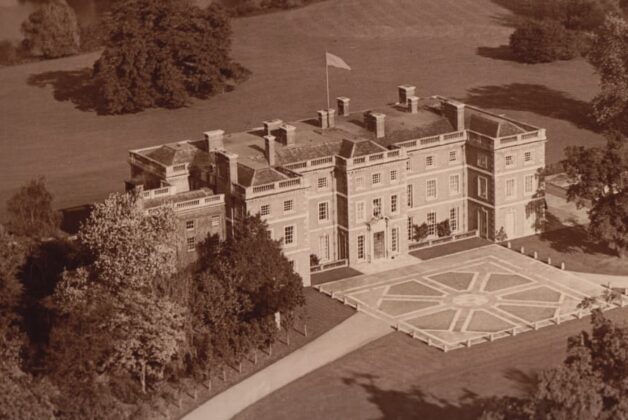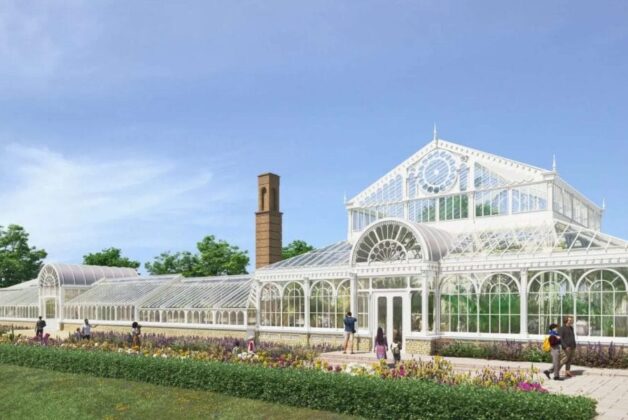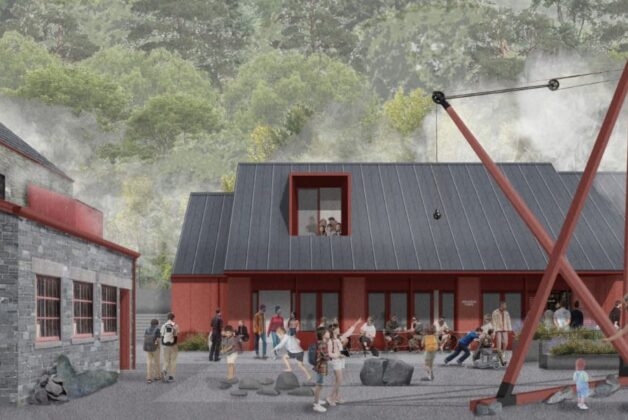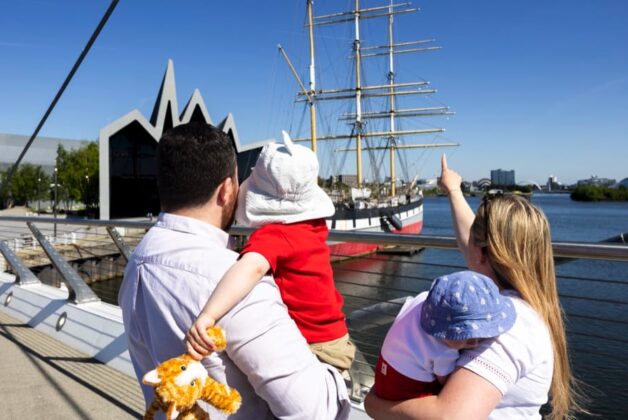Image: Rachel Reeves (No. 10)
Museum sector leaders await Labour’s first budget, as financial pressures mount amid rising costs and post-pandemic challenges
Speaking to the press in August, Prime Minister Keir Starmer set out the new Government’s stall to address what he called a “£22bn black hole” in public finances left by the Conservatives, with a budget that would require “short term pain for long term good”.
Later today Chancellor Rachel Reeves sets out the reality of this approach. At 12:30pm the future of spending will be announced, with reactions from the sector to be published in Advisor shortly after.
Sector bodies have already set out their hopes and expectations for the budget.
Museum Development England’s latest survey of 622 non-National museums, conducted in spring, noted museums were already in an “uphill battle” of post-pandemic recovery due to rising expenditure.
Its Annual Museums Survey for 2024 finds rising costs outpacing the growth in museum income. It reports that while donations are up 27% and admissions income is up 20% since 2019/20, museums are still struggling to keep pace with rising costs.
“The overall increase in income (15%) is offset by a 20% increase in expenditure, highlighting the ongoing financial challenges faced by museums,” Museum Development England reports.
In June Art Fund published its most recent survey data from museum directors. The survey of 324 directors conducted in Spring found the impact of the cost-of-living crisis on staff and audiences as the biggest collective challenge facing organisations.
Responding to the data, Art Fund recommended an enquiry into regional museum funding to address regional disparities and equity of public access, further tax breaks or relief for museums, and ways to promote philanthropy.
The public appetite for government funding is high; in May a YouGov survey commissioned by Art Fund and the National Museum Directors’ Council found that 74% of the public think local government should provide at least half of their funding, while 45% said that local government should provide most or all of their funding.
In the same survey, when asked if they think public funding for local museums has gone up or down since 2022, 44% of people correctly identified that it has gone down, with only 9% thinking it has stayed the same and 4% thinking it has gone up.
More recently the English Civic Museums Network (ECMN) has called specifically for £20m in the next budget to ease the museum’s financial pressures.
The network said a combination of austerity, the pandemic and inflation meant local authorities and the museums they support are under increased pressure.
In September the organisation, alongside UK museum bodies the Association of Independent Museums, Art Fund, National Museum Directors’ Council, and the Museums Association, also submitted joint proposals to the treasury ahead of the finalisation of the budget.
The submission called for several urgent funding measures, including emergency funding for civic museums to “rectify some of the damage inflicted by austerity and bring the most at-risk civic museums back to a more stable position until more sustainable long-term solutions can be found.”
It also called for “fair, long-term funding settlements for Local Authorities” without which “the future for civic museums across the country will continue to look bleak.”
Other recommendations included the maintenance of funding for Arts Council England, broader capital support for museums, the continuation and expansion of the Museums Estates and Development Fund (MEND) fund, devolved museum funding, the restoration of creative subjects on the school curriculum, retaining free admission to UK national museums, and the continuation of Museums and Galleries Exhibition Tax Relief (MGETR).
The Conservative’s last budget, announced in Spring, included an indefinite extension to tax relief for museums, alongside capital projects at the National Railway Museum, National Museums Liverpool, and V&A Dundee.





